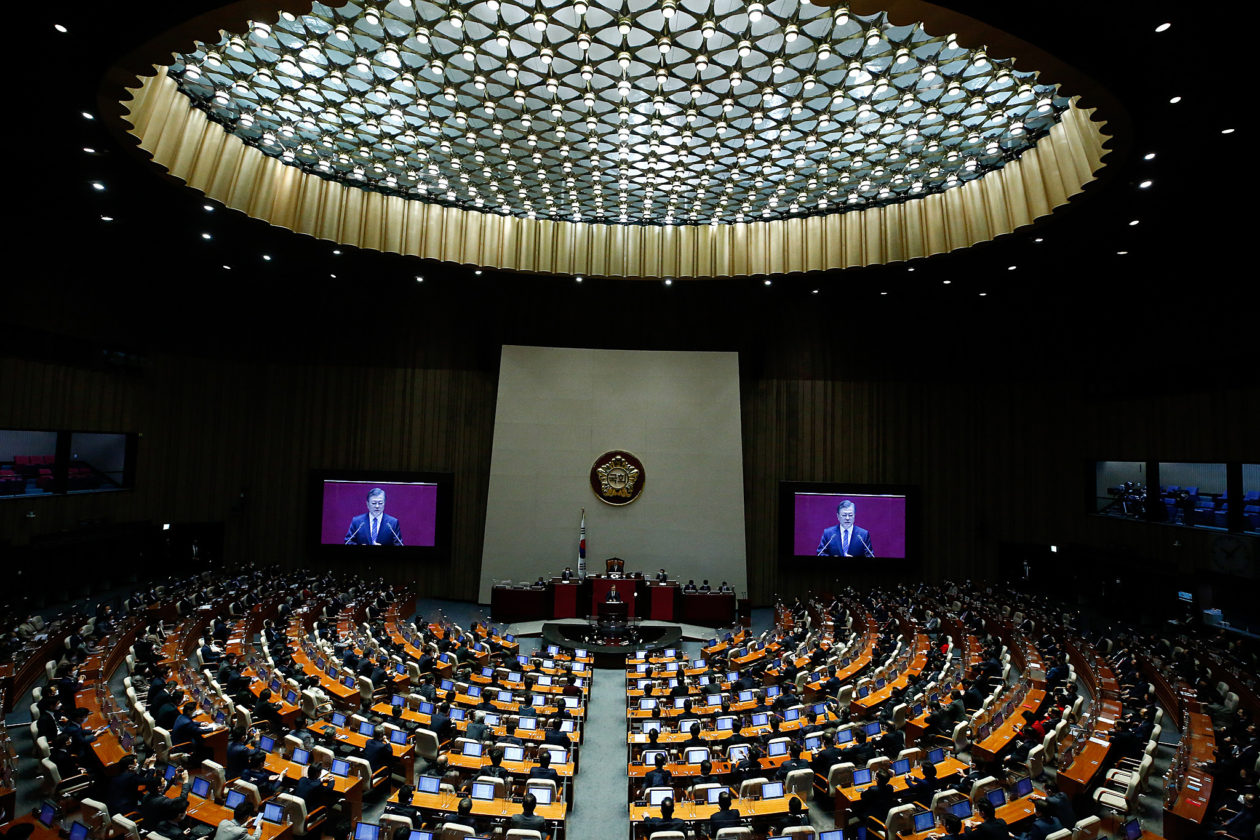South Korea’s finance minister says that while income from virtual asset transactions will be taxed starting Jan. 1, 2022, NFTs (non-fungible tokens) are not to be taxed yet.
Fast facts
- At the National Assembly’s annual review on Wednesday, Minister of Economy and Finance Hong Nam-ki said the government plans to start taxing virtual asset gains from the coming year. However, when asked about taxing NFTs, the minister said the issue of whether NFTs are categorized as virtual assets is still under discussion — adding that NFTs are not currently classified as virtual assets in the income tax law.
- Lawmaker Yoo Gyeong-joon, a member of the National Assembly’s Strategy and Finance Committee — who asked Hong if the ministry is ready to tax NFTs — said the digital assets have become prominently used in the creative arts sector.
- NFTs have been rising in popularity over the last two years, with a focus on creating and trading digital artwork. NFT artist Beeple’s Everydays: The First 5,000 Days, featuring a collage of 5,000 images, is by far the most expensive NFT artwork to be sold for over US$69 million. In South Korea, internet company Kakao’s blockchain subsidiary Ground X opened in July Klip Drops, an NFT art marketplace, where artists successfully auctioned off their digital artworks in exchange for Kakao’s cryptocurrency, KLAY. Outside the arts sector, online gaming, entertainment and the real estate industry are finding uses in NFTs.
- The U.S. considers NFTs as collectibles, where income from trading NFTs are subject to a 28% tax on trading gains, while gains from NFTs are also taxable in Australia under capital gains.





